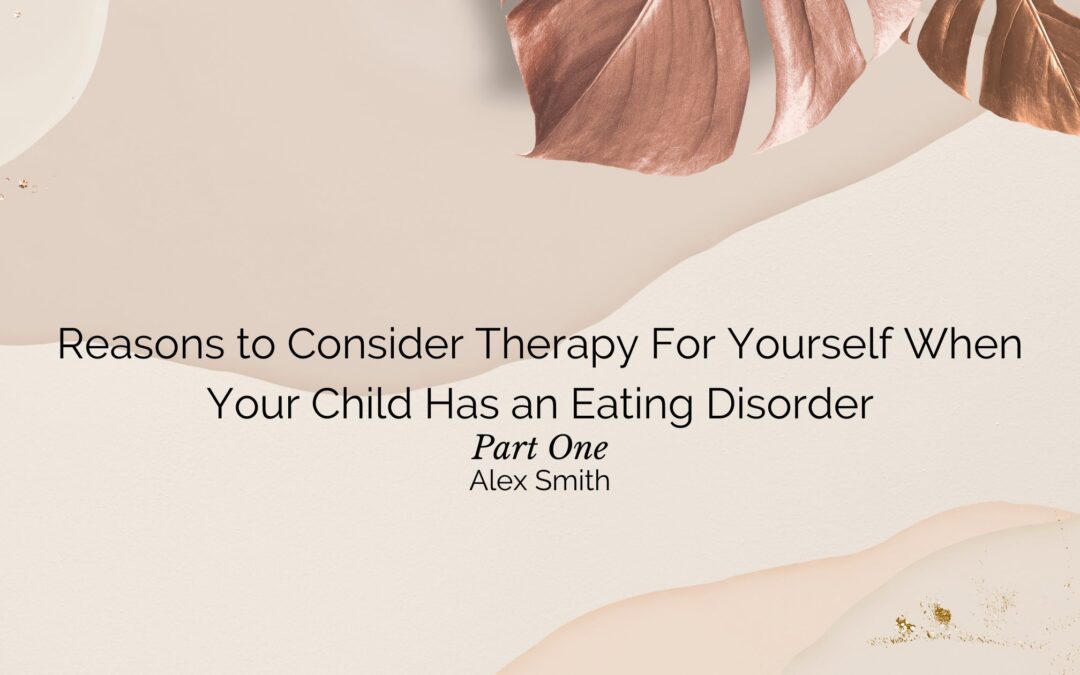Whether they are 12 or 22, seeing your child struggle with an eating disorder can be one of the most challenging and heartbreaking situations for a parent.
There might be feelings of fear, confusion, shame, overwhelm, anger, or anxiety.
And for many parents, there is that secret worry that tends to gnaw in the middle of the night:
Did I do this to my child? Am I to blame?

Eating disorders are complex disorders that involve both genetic and environmental triggers, and healing from an eating disorder involves addressing many components for both the individual and their family.
While parents are not to blame for eating disorders, it is important to recognize that genetics, personality traits, interpersonal and family dynamics, and the culture within a family all play a role.
Whether your child is a minor or an adult, the more that parents, caregivers, and loved ones can be involved in their child’s treatment, the better.
If your child has an eating disorder, you’re likely focused on getting them the support they need, but it’s also critical that you do the same.
Here are 4 reasons that you should seek support from a qualified therapist if your child has an eating disorder.
Reason #1: To Help You Learn About Eating Disorders
Psychoeducation should be the first part of any treatment for a mental illness, eating disorders included.

Your therapist can also explain the genetic, environmental, and temperamental factors that contribute to eating disorders, helping you understand the complexity involved in the formation of the disorder and again relieving the fear that no one person or thing is to blame.
An eating disorder therapist can also help you understand the importance of working with a multidisciplinary team, various levels of eating disorder care, and different treatment modalities, giving you a roadmap to the components necessary for successful treatment.
While this is especially true for parents of minors, this is also important for parents of adult children with eating disorders. Even adults want their parents to understand that their disorder wasn’t a choice; it’s an illness. The more you can learn about the disorder and its treatment, the more your child will feel validated and supported.
Reason #2: To Better Understand Personality Traits & Family Dynamics

Working with a therapist can help you better understand your own personality traits and how these interact with your child’s. This work is done without judgment, but rather with a sense of curiosity so that you can explore the dynamics within your own family, identify which ones are healthy and worth keeping, and look at the ones that need strengthening or altering.
Having your own therapist can also provide you with skills to improve communication, interrupt maladaptive patterns, and create healthier family systems that involve boundaries, support, and healthy expression of emotions.
**
I am now accepting new clients. If your child is struggling with an eating disorder and you are looking for an experienced clinician who can help you navigate this territory, please reach out to our intake team at (720) 675-7123 and schedule your free consultation or fill out a contact form and our admin team will be with you shortly.
Photo Credits:
Photo by Annie Spratt on Unsplash
Photo by sarandy westfall on Unsplash




